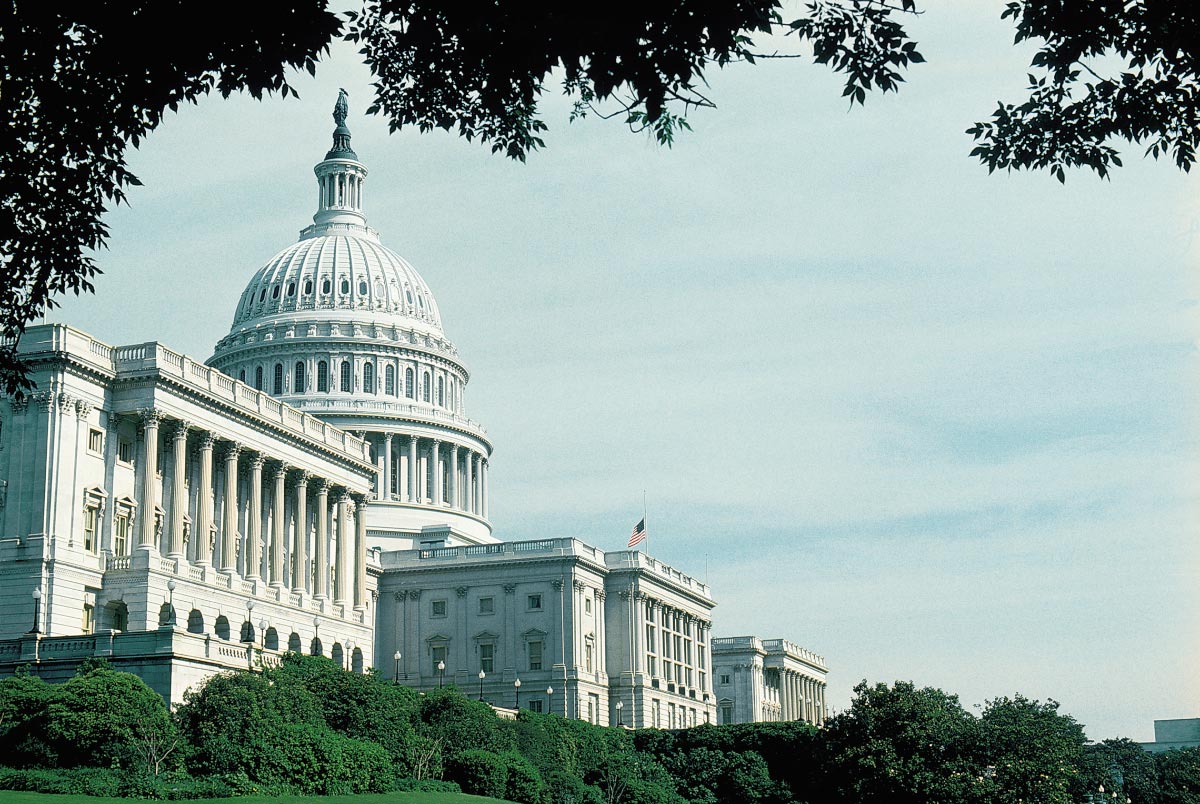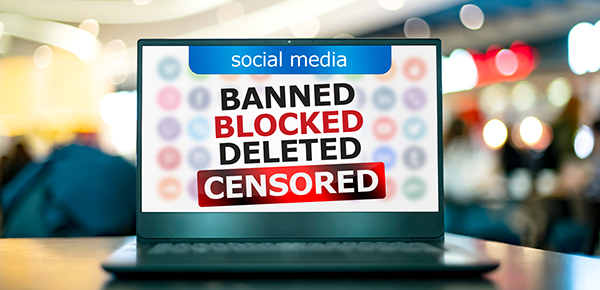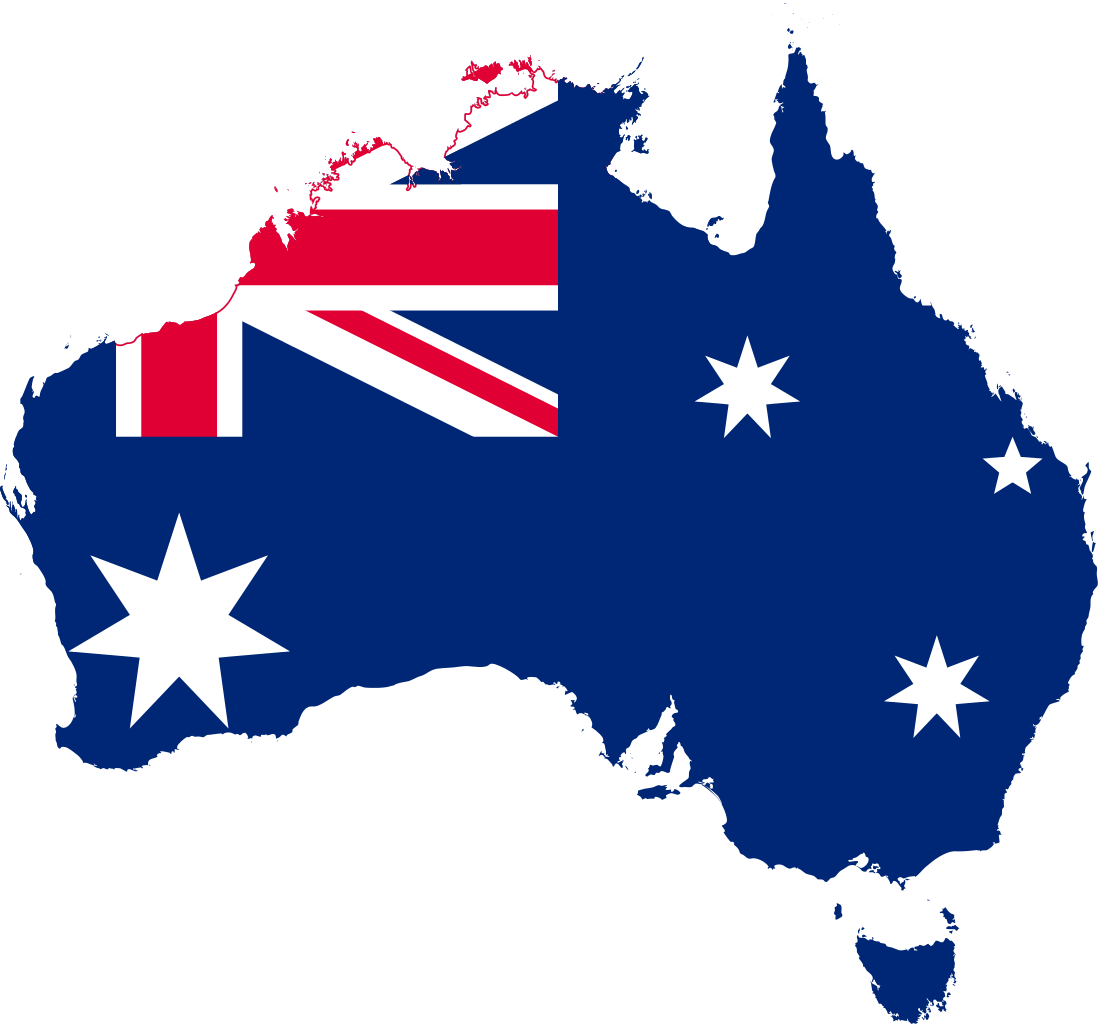DIGITAL REPRESSION: Internet users worldwide are experiencing tighter restrictions, report reveals
11/02/2023 / By Olivia Cook

Advances in artificial intelligence (AI) and its rising influence are increasing the efficiency, scale and speed of “digital repression,” with internet users worldwide experiencing tighter restrictions this year compared to last year.
This is according to a report released last month by Freedom House. Researchers of the report entitled Freedom on the Net 2023 assessed internet freedom (an umbrella term that includes digital rights, the right to internet access, freedom of information, freedom from internet censorship and net neutrality) in 70 countries, which account for 88 percent of the world’s internet users.
After analyzing events in these countries between June 2022 and May 2023, Freedom House assigned scores on a 100-point scale to each, based on 21 indicators covering the areas of “obstacles to access, limits on content and violation of user rights.” (Related: Ben Armstrong outlines the difference between FAKE FREEDOM and REAL FREEDOM.)
In total, 29 countries (more than a third) saw their scores tied to internet freedom decrease year-over-year.
“It’s unsurprising that global internet freedom declined for the 13th consecutive year this year. Advances in AI have been grabbing headlines and its uptake is really increasing the efficiency of digital repression – as seen with censorship, disinformation and surveillance,” Allie Funk, the report’s co-author, told Voice of America.
AI accelerates decline of internet freedom
Funk pointed out that “more governments are blocking access to chatbots, controlling their outputs to reinforce state narratives and forcing companies to use AI to remove content from platforms at a rate that humans can’t match.”
Iran, whose government has a history of internet censorship, is “home to this year’s worst decline” – dropping five points. In a bid to quell anti-government protesters, Iran shut down internet service; blocked social media platforms, including Instagram and WhatsApp; and increased surveillance.
Holding the title of the “world’s worst environment for internet freedom,” China has pioneered the use of AI chatbots to embed censorship by directly controlling the training data that the computer programs use.
China’s generative AI chatbots, such as Baidu’s Ernie Bot and Alibaba’s Tongyi Qianwen, are required to follow strict content controls to either repeat state propaganda or not answer questions about sensitive issues. (Related: Twitter exposes how govt. funded a ‘cottage industry’ of ‘disinformation labs’ that were used to censor real info and ban truth-tellers.)
Kian Vesteinsson, Freedom House senior research analyst for technology and democracy, said: “The Chinese people live under a system of censorship and surveillance that is more extreme than anywhere else in the world. Crackdowns on free expression were ‘routine’ in the country – a system characterized by journalists and critics being jailed and criticism erased from the internet.”
The report’s authors predicted that networks of pro-government commentators and related companies “will undoubtedly increase their reliance on AI’s growth as a disinformation tool.” (Related: Media watchdog says Elon Musk needs to WALK THE TALK to really safeguard freedom of speech in America.)
In a statement, Freedom House President Michael J. Abramowitz said: “Democratic states should bolster their regulation of AI to deliver more transparency, provide effective oversight mechanisms and prioritize the protection of human rights.”
Visit Suppressed.news for more stories like this.
Watch this video discussing how the online safety bill will destroy internet freedom.
This video is from the Contrarian channel on Brighteon.com.
More related stories:
Not again: Musk to reinstate Twitter censorship tools after a meeting with leftist groups.
Sources include:
Submit a correction >>
Tagged Under:
artificial intelligence, Censorship, chatbots, China, computing, cyber war, digital repression, digital rights, fascism, freedom, Freedom House, future science, future tech, Glitch, information technology, internet, Internet freedom, inventions, Iran, Liberty, Suppressed, surveillance, Tyranny
This article may contain statements that reflect the opinion of the author
RECENT NEWS & ARTICLES
COPYRIGHT © 2018 SPEECHPOLICE.NEWS
All content posted on this site is protected under Free Speech. SpeechPolice.news is not responsible for content written by contributing authors. The information on this site is provided for educational and entertainment purposes only. It is not intended as a substitute for professional advice of any kind. SpeechPolice.news assumes no responsibility for the use or misuse of this material. All trademarks, registered trademarks and service marks mentioned on this site are the property of their respective owners.


















